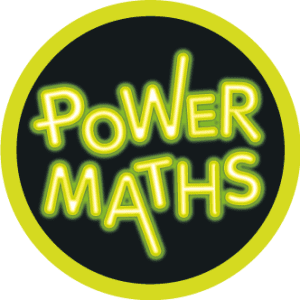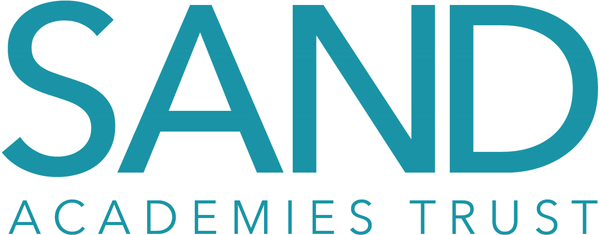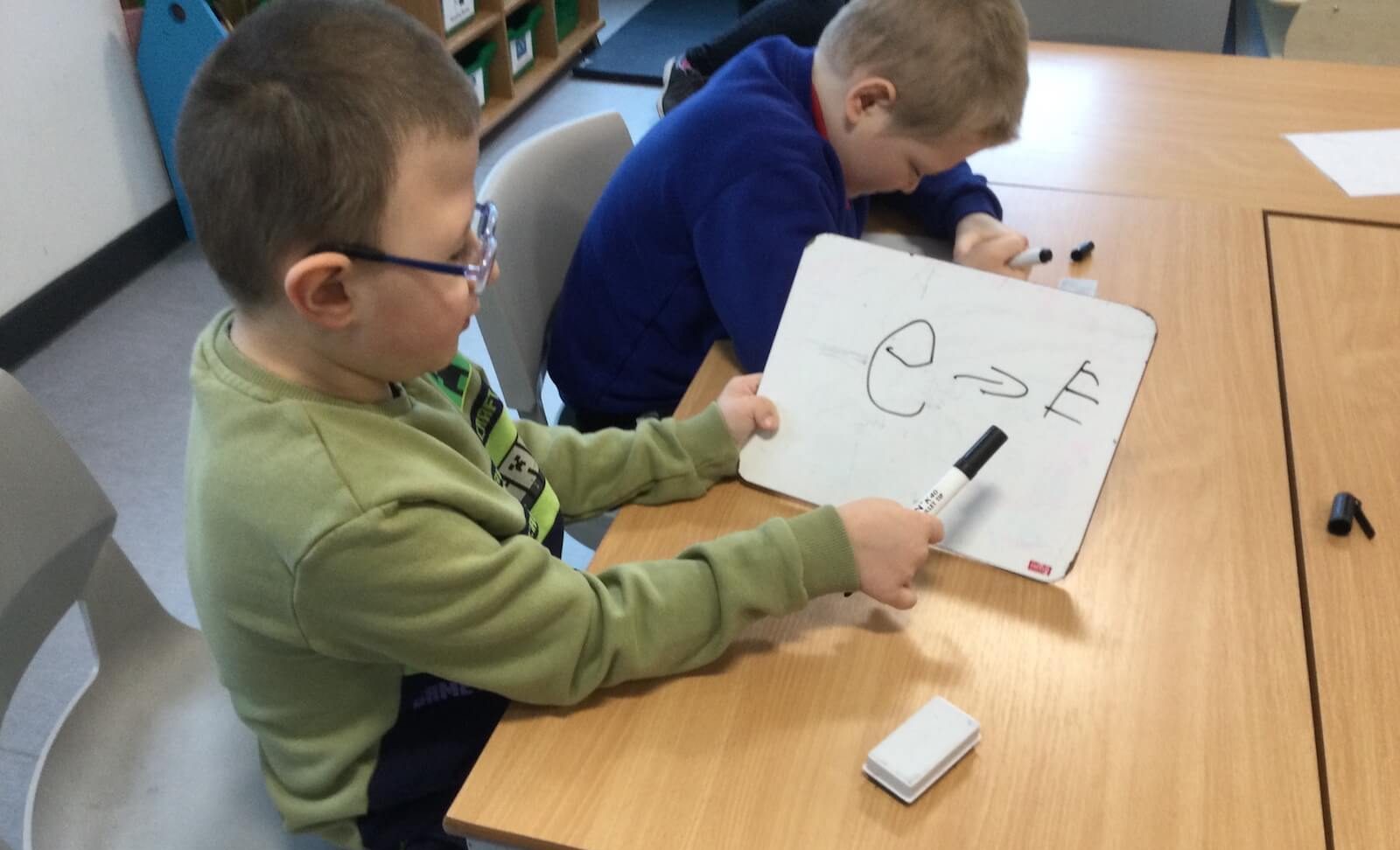Curriculum statement
Our vision for all pupils, is to have meaningful and personalised learning pathways and choices throughout their school years so that their individual needs and aspirations can be met. Our exciting and aspirational curriculum has an emphasis on developing communication skills and independence, including practise and preparation for adult life, with a focus on the creative arts, physical development, and enrichment opportunities. This provides excellent opportunities for our pupils to be included and contribute to the wider community.
For more information on the school curriculum, please contact Sam Beltran our curriculum lead.
Email Sam BeltranCommunication, Language, and Interaction
A strong focus will be placed on the use and acquisition of Communication, Language, and Interaction skills for every pupil. This will ensure that their learning develops, and confidence, independence and self-esteem grow. Our aim is for all pupils to become active, valued and heard members of their school and wider community. Every pupil will be offered a consistent pathway for Communication, Language, and Interaction progression, which will be constantly reviewed and adapted to meet their needs. Opportunities to develop these skills will be provided throughout the school day and is embedded into all learning for every pupil.
Rationale
Our pupils are provided with learning experiences that are relevant, interesting, and challenging, and offer opportunities for progression through our Yellow and Blue Curricula. Both offer a means of making subtle distinctions through sequential learning pathways between individual/groups of learners, and through the degree of curriculum formalisation they will experience in either building the prerequisites for, or working within, a more ‘conventional’ National Curriculum type approach.
Pupils’ individual journeys are not defined by age, but by need and achievement based on their EHCP and curriculum learning outcomes, that are broken into small steps. Each subject sequential learning pathway covers the skills, knowledge and understanding necessary for our pupils to make the best progress possible in their learning. Individual learning needs such as readiness to learn, are further met through bespoke intervention programmes for enhanced personalisation. The personalised approach to the curriculum ensures we can meet the needs of all our pupils.
Some pupils also receive additional funding e.g., Pupil Premium, Recovery Premium Funding or School-Led Tutoring; the impact of any interventions funded through these is monitored to ensure that they support progress.
Chronological Progression
There needs to be breadth of learning throughout pupils’ time at school, especially if they will be staying within the same learning cohort (e.g., Yellow Curriculum). There should be variation in experiences / learning within a topic, whilst ensuring that the learning is developmentally appropriate. Whilst there may be whole school learning topics, the planning, learning and delivery may differ between classes. Priorities based on EHCP outcomes, IEP small steps, pupils’ age, need, motivation and learning style will help build the curriculum.
Intent
Our curriculum intent is to provide a broad and balanced curriculum for all our pupils, opening rather than closing doors to future health, happiness, inclusion in society and their local community and success educationally and personally.
We first considered what knowledge and understanding did we want our pupils to gain at each stage of their schooling to write a clear sequential pathway for each area of learning to support them in their next phase of education and life.
Implementation
Our curriculum implementation is based on initial robust baseline assessment and identifying specific needs, gaps or missing learning pupils may have that might hinder their progression. Curriculum delivery, assessment, feedback, and crucially teaching that leads to long-term learning and retention. We have strived to develop paperwork that avoids burdensome assessment and feedback therefore maintaining teacher workload to a reasonable level.
Our whole-school curriculum is based on the acquisition of core foundation skills before moving on, with an emphasis on communication and language which we recognise as a key skill for all our learners and is written in a clear sequential manner that emphasises knowledge and skills that pupils gain at each step and over time, with pause points for assessment of key skills before moving pupils on.
Impact
Curriculum impact and pupil achievement is constantly monitored and evaluated each term with book looks, evidence of progress over time, lesson visits and observations. Pupil achievement will also be assessed using progression and destinations data, we recognise that good outcomes are not just measured in qualifications but in how successfully pupils are developed as well-rounded citizens.
Assessment and reporting
There are three Parents’ Evenings during the year when your son/daughter’s teacher will meet with you to discuss your child’s progress and review their EHCP outcomes. The first two Parents’ Evenings are with your son/daughter’s current class staff, and the fourth (usually in July) is with the new class team who will be with your son/daughter the following year.
Annual Reviews/EHCP Meetings
Each pupil has an EHCP meeting during the year. This is an important meeting with you and other professionals involved in your son/daughter’s education/care.
KS3/4 Preparing for our future
The curriculum is set up to ensure our pupils are prepared for their choice of Post 16, to engage with the local community and prepare for life after Paternoster School. Our Moving on, moving up curriculum offers an individualised approach, working toward learning outcomes and progression to help pupils strive to meet their goals and aspirations. We put Communication, PSHE and life skills at the core and aim to support pupils to achieve through experiential learning opportunities.
English
 We use the synthetic phonics sequential pathway using Read, Write Inc.
We use the synthetic phonics sequential pathway using Read, Write Inc.
Maths
 We use the Power Maths scheme for pupils working on our Blue pathway.
We use the Power Maths scheme for pupils working on our Blue pathway.
Personal Development
Personal Development is at the heart of our school learning journey. It encourages, promotes, adopts and embeds a range of skills that allow pupils to be life-long learners.
RE
RE is provided for all pupils, and is inclusive and broad minded. Parents do have the right to withdraw pupils from RE: if you wish to do this, make an appointment with the head teacher / RE subject leader. The school does not support selective withdrawal from RE.
Cultural Capital
At Paternoster every pupil has the opportunity to access enriching experiences, through a variety of ways. As part of our curriculum we plan in enrichment activities to inspire and motivate our pupils. This could vary from participating in trips off site to dressing up in school in order to immerse ourselves in a topic or theme. Lessons and extra-curricular activities are planned to be broad and enriching. In addition to this, we organise special events, visitors, off-curriculum days, and family events. We feel it is important to provide our pupils with real life experiences and help them build their social skills and self confidence in as wide a range of ways as possible. We also like to celebrate successes wherever possible.
Some opportunities are whole-school initiatives, while others are focused on small groups or individuals.


